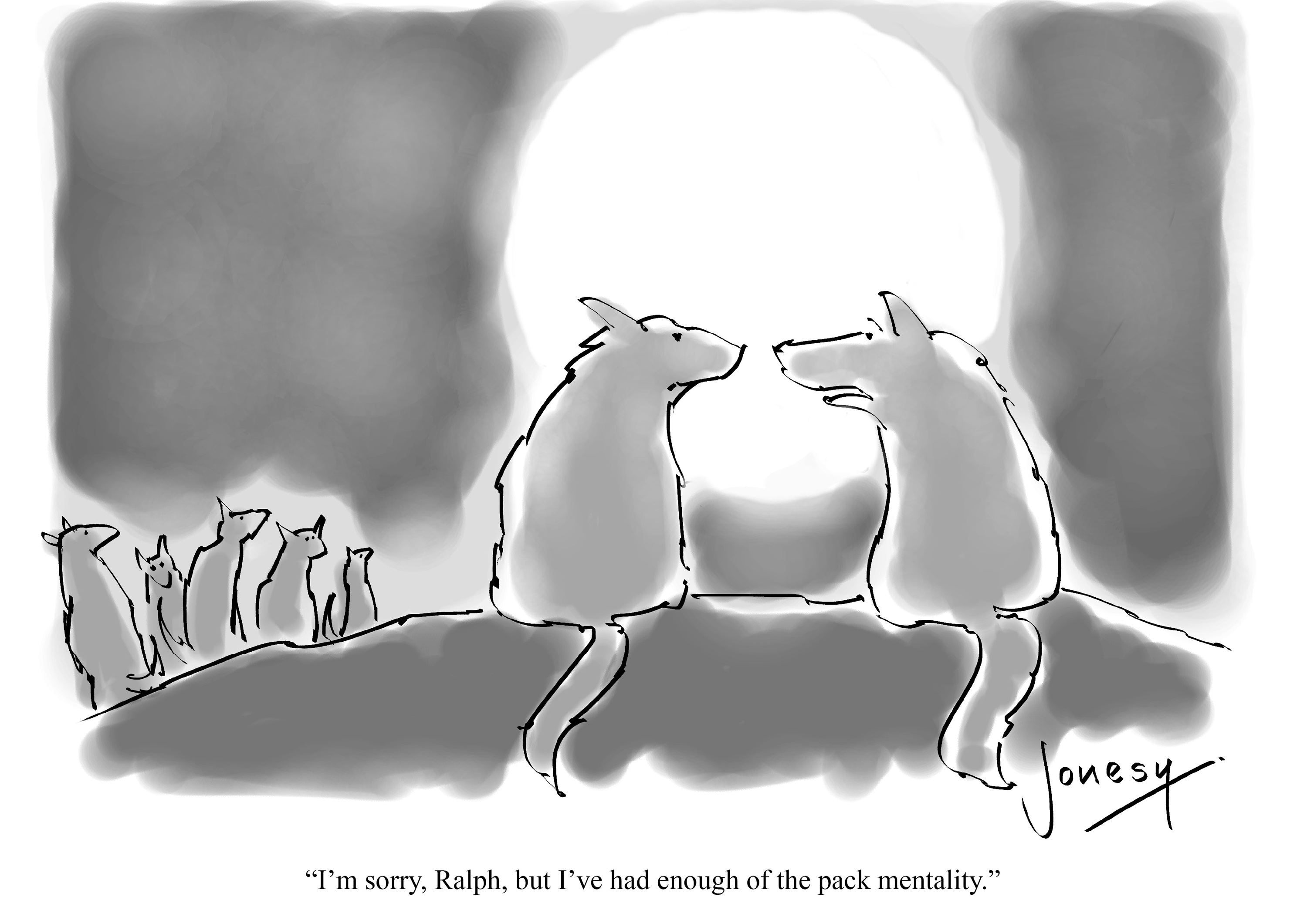What to do with the Pain: Systems Thinking after an Affair

Have you been betrayed by an affair? Have you been overwhelmed with grief and anger? Perhaps it has been several months or even years, and you are finding yourself still struggling with emotion that seems to come out of nowhere. Maybe you feel it bubbling to the surface before it hits; maybe you’re not aware of the early signs, and it just takes hold before you know it. Do you wonder sometimes if it will ever go away? Maybe you feel like you should be able to beat this but can’t figure out how.
In Part 3 of this series on “How to Recover from an Affair” I talked about some ideas on what to do with the pain. Dealing with the pain is probably the most important part of affair recovery. But how do you deal with the pain? The ability to soothe one’s emotions in any given moment is an important skill set to develop, but I have found that sometimes the emotions are too strong to soothe using conventional methods.
I often see betrayed spouses in affair therapy working very hard to “calm down.” They’re doing everything they’ve been told might work, all the tried and true coping skills like meditation, positive self talk, journaling, talking to friends, reducing stress, going to infidelity therapy etc., but often times it doesn’t soothe emotion as effectively as they’d like. I usually take this as a sign that a person may be trying to do too much soothing and not enough grieving and allowing things to take their course. The hard reality is that affair recovery cannot be rushed.
Integrating Emotion with Facts or Logic
But that doesn’t mean that there aren’t some powerful ways you can soothe your pain without as much striving and effort. There is a kind of healing or growth where people learn to integrate emotion with facts or logic. The most powerful way I’ve seen (and experienced) of doing that is to adopt an ecological or a systems view of relationships. Systems thinking after an affair is a view of relationships that helps people step out of over analysis and move into observing from a bird’s eye view. While it may sound like a kind of emotional distance, this stepping back ultimately helps people get closer. I’ll go into more detail on this integration process in my next post, but for now, an overview.
A Bird’s Eye View
For example, for many betrayed spouses, the pain and fear create an intense urge to find out why the affair happened. The urge drives them to pursue their spouse for answers. The more they pursue, the more their spouse moves away, the more they feel like their spouse doesn’t care about or love them. A bird’s eye view might show them that this has nothing to do with love, and that what’s happening between them isn’t as much personal as it is instinctual and automatic…on both sides. Systems thinking after an affair can be thought of as thinking that is concerned with what is happening between people than between the ears. Asking why the affair happened is all about between the ears thinking, and it seems to lead people into dead end after dead end.
The really interesting thing about developing this bird’s eye or ecological view of relationships is that you learn very quickly how much we have in common with the rest of the animal kingdom. This pursuit/distance kind of pattern is found in wolf packs, herds of cattle, birds, and on and on. When anxiety is high some beasts distance, and some pursue, and it seems to ultimately contribute to stability and homeostasis.
A wolf pack, for example, will grow increasingly tense which is followed by a period of kissing and making up, followed by a period of distance, and around it goes again. Nothing really changes. If you’re looking for change in your marriage rather than homeostasis, consider changing one piece in this dynamic equilibrium.
The temptation is to read this kind of information and then try to force oneself to stop pursuing, without replacing the behavior with a new one. While it may be a good idea to put some effort into resisting the urge to pursue, consider putting some effort into connecting emotionally with your spouse. If you don’t know how without pursuing, a great place to start might be simply telling them that…that you would like to connect but you’re unsure of how to do that. The trick here is to stay focused on yourself rather than asking them to do something for you.
In systems thinking or ecological thinking, we don’t search for a cause; we search for the interrelatedness of all things. One move after another, after another in a relationship, multiplied by years and years tends to make things look like they are set in stone. But the reality is they are dynamic and constantly shifting and changing, much like an ecosystem.

Want more information about a different approach to infidelity counseling? Stay tuned in the next few weeks for more blog posts and even a quick quiz called Can my Marriage Survive the Affair? Meanwhile you can read more about how I help couples through infidelity here and you can read here about the remarkable technology of neurofeedback and how it is helping my couples with the trauma, the triggers, and the sleepless nights naturally and effectively.





